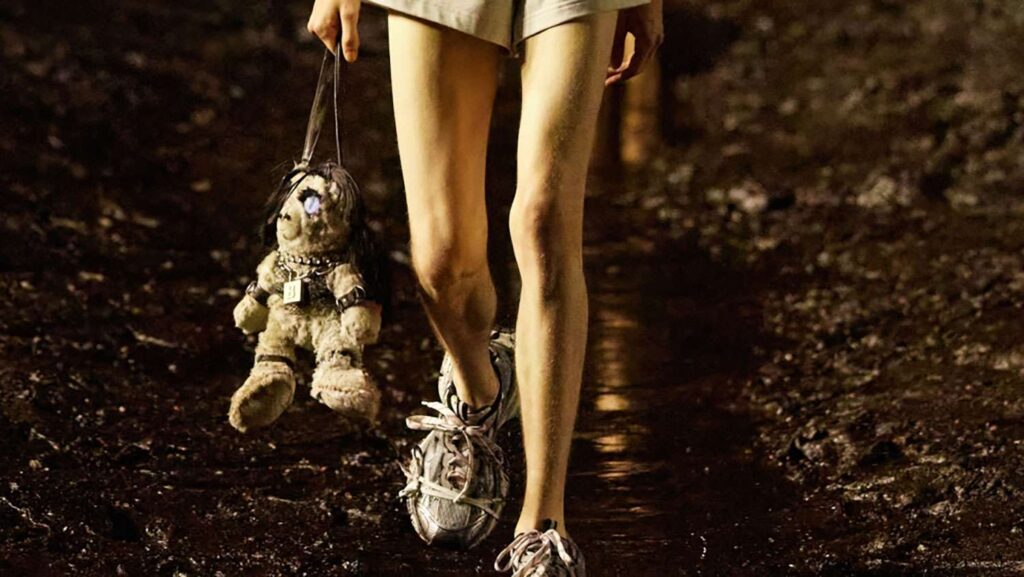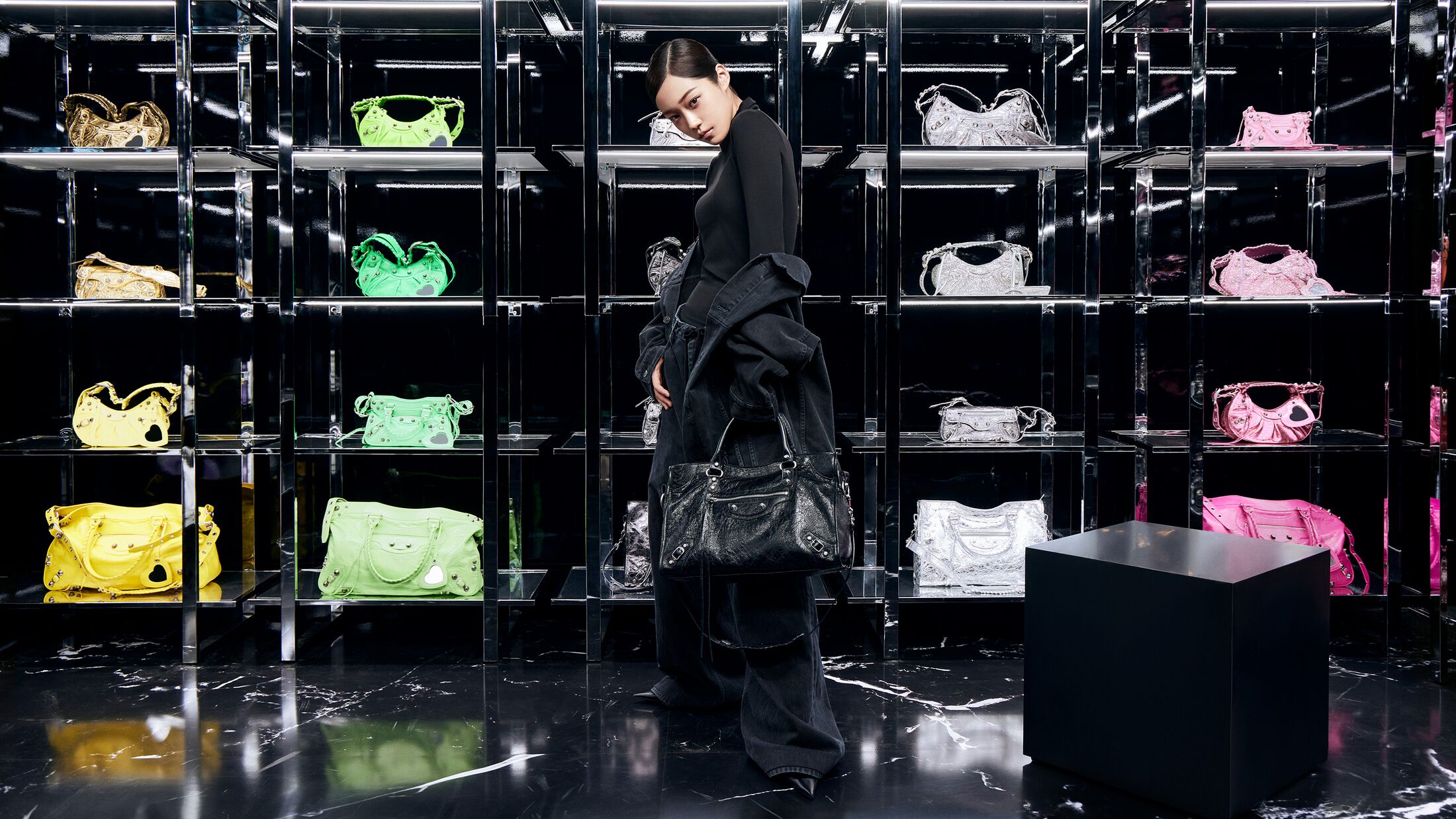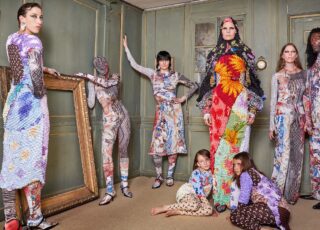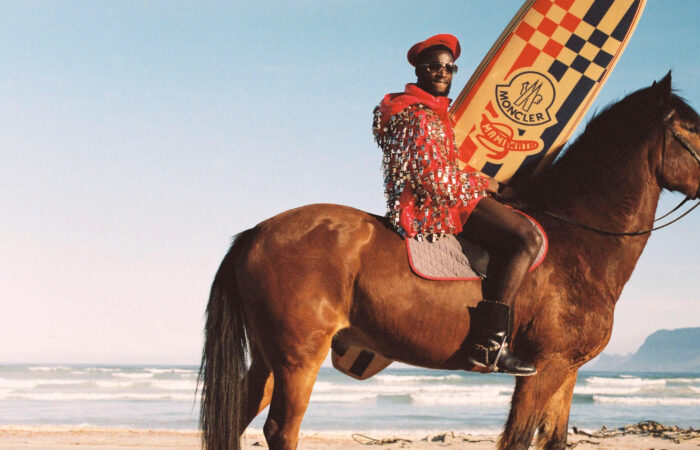Is Balenciaga cancelled? Discover if the brand has moved past its 2022 controversies in 2024 and how it’s rebuilding its brand reputation and trust.
In the constantly shifting landscape of fashion, where the pendulum of public opinion swings with the latest trends and controversies, the question of whether Balenciaga is still “cancelled” in 2024 is both pertinent and complex. This inquiry not only touches upon the brand’s creative output but also probes deeper into its public relations crises and the fashion community’s response.
The Controversy
The roots of Balenciaga’s recent turmoil trace back to late 2022, when the brand faced severe backlash over two controversial advertising campaigns. One involved children posing with teddy bears dressed in bondage gear, and the other inadvertently displayed legal documents related to child pornography laws. These incidents sparked outrage, leading to accusations of inappropriate content and a tone-deaf approach to sensitive issues. The backlash was swift and brutal, with social media calls for boycotts and several high-profile figures distancing themselves from the brand.

The Immediate Fallout
In response, Balenciaga issued a series of apologies, removed the offending content, and announced that they would be taking legal action against the parties responsible for including the controversial documents in their photoshoot. They also promised to overhaul their internal processes to ensure such an oversight would never occur again. Despite these efforts, the damage had been done. The brand saw a significant drop in consumer sentiment and, temporarily, in sales.
The Road to Recovery
Throughout 2023, Balenciaga embarked on a strategic journey to regain its stature. This included engaging in more community-based initiatives, focusing on sustainability, and promoting inclusive campaigns that resonated with a broad audience. They revamped their marketing strategies to be more sensitive and attuned to the global socio-political climate.
Furthermore, Balenciaga took significant steps towards transparency, regularly updating the public on their internal changes and the progress of their commitments to social issues. These actions were crucial in beginning to mend the brand’s reputation.
Consumer Response in 2024
Fast forward to 2024, and the landscape appears markedly different. The intensity of the initial outrage has diminished, though it still simmers in certain corners of social media and among some consumer groups. The fashion industry, known for its short memory and capacity for forgiveness—particularly when faced with innovation and allure—seems to be gravitating back towards Balenciaga.
This renewed acceptance can be attributed partly to the brand’s strategic shifts and partly to the cyclical nature of consumer behavior. Fashion enthusiasts are often willing to overlook past mistakes in favor of aesthetic excellence and innovation. Balenciaga’s recent collections have been praised for their creativity and cutting-edge design, pulling the spotlight back onto the brand’s artistic merits.

Industry Perspective
From an industry standpoint, Balenciaga has not been fully “cancelled.” Key fashion influencers and celebrities have slowly resumed their endorsements, and media coverage has shifted from the brand’s controversies to its contributions to fashion and culture. Moreover, luxury fashion buyers and high-end retailers, recognizing the brand’s ongoing market appeal, continue to stock Balenciaga products.
However, it’s essential to acknowledge that some critics and consumers remain skeptical. These groups call for continued vigilance on ethical issues and transparency, pressing the brand to uphold higher standards than ever before.
The Cultural Debate
The concept of “cancelling” a brand like Balenciaga brings to light broader cultural questions about accountability, forgiveness, and change. In a digital age where controversies are amplified and the court of public opinion can dictate a brand’s fate overnight, the dynamics of “cancel culture” are particularly volatile.
Balenciaga’s case study is a testament to the complexities of navigating public relations within the fashion industry. It also highlights a growing consumer demand for brands to uphold not only aesthetic but also ethical standards. This shift suggests that while brands can recover from missteps, the path to redemption is increasingly wrought with demands for genuine, substantive change rather than mere aesthetic or superficial adjustments.
Conclusion
As of 2024, it seems that Balenciaga is navigating its way out of the “cancelled” status, but with a caveat. The brand continues to rebuild trust and reshape its image in the eyes of the public. Whether Balenciaga can sustain this recovery will depend significantly on its ongoing commitment to ethical practices and genuine engagement with its critics and supporters alike.
The fashion world’s memory may be short, but its demand for integrity is long and unforgiving. Balenciaga’s journey offers a critical lesson on the imperatives of ethical responsibility and the enduring value of public trust in the modern consumer market.



